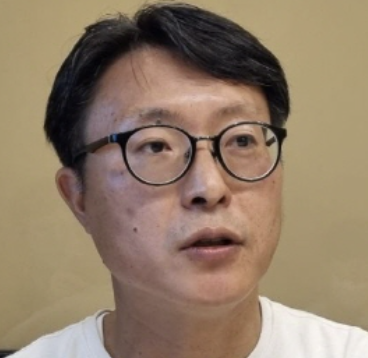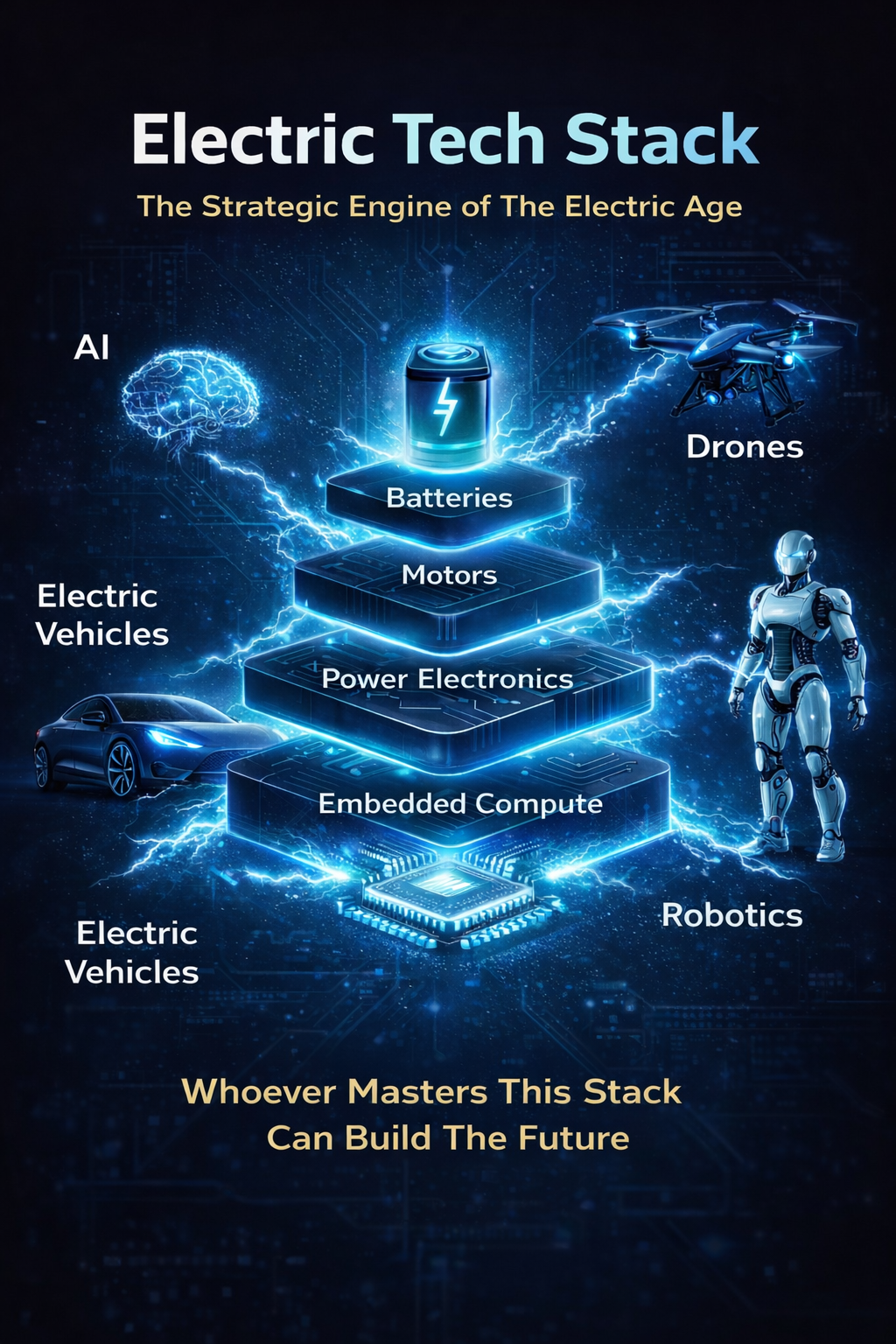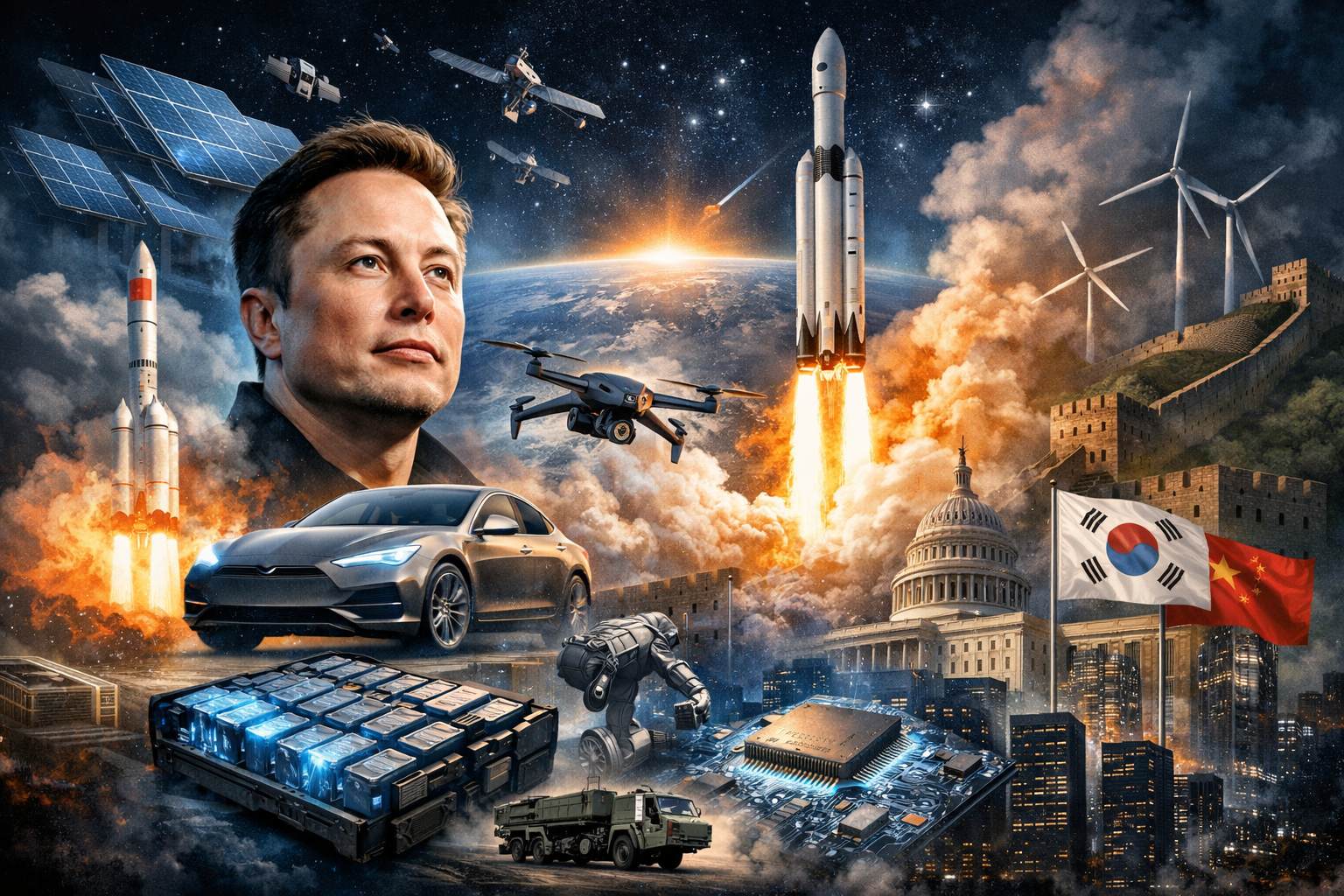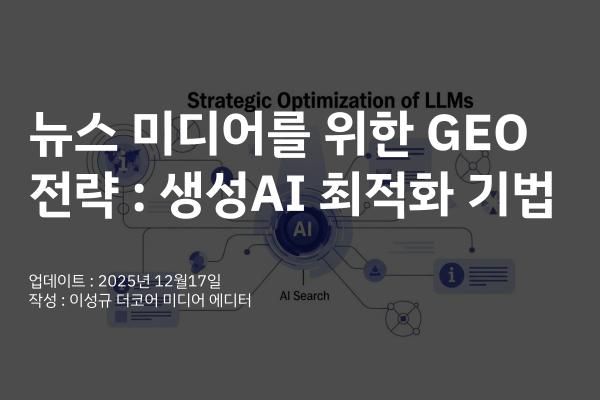OpenAI and the ideological battle in Silicon Valley

Silicon Valley is an ideological battleground. Since the birth of the 'California ideology', which blends the discipline of the market economy with hippie libertarianism, it has never lost its obsession with ideologising the future that technology will bring. Their ideology is based on 'technological determinism'. They believe that technology can empower individuals, that technology can increase individual freedom, and that technology can radically reduce state power. For them, anything that constrains technological development and freedom is the "enemy. In this process, a gradual rightward shift can be detected,
In the 2000s, their ideological struggle intensified. On the common denominator of capitalism and laissez-faire, a divergence is in full swing. On one side, accelerationism is putting the pedal to the metal, and on the other side, efficient altruism is showing off. In Roger Zelazny's 1967 science fiction novel Lord of Light, Uptonian accelerationism is an ideology that holds that "the most aggressive, global capitalism is the best way forward for humanity and must therefore be developed and intensified at a tremendous rate." It identifies "sustainability," "ESG," "social responsibility," "stakeholder capitalism," "trust and safety," "technological ethics," and "risk management" as enemies. It accuses them of "zombie thinking" that slows down technological development.
Mark Andreessen, a leading ideologue of Silicon Valley accelerationism, has pushed this ideology to even greater extremes. In his "The Techno-Optimist Manifesto," released in October, the co-founder of Andrison Horwitz dismissed concerns about surveillance by technology as "zombie thinking," saying, "Our enemy is those who use George Orwell's 1984 as a guide to control speech and control thought. The precautionary principle, which warns of the dangers of technology, should also be discarded as "profoundly immoral". Ethical technology development was also labelled as an "enemy" that would prevent acceleration. He even expressed a belief that all obstacles to the development of general purpose artificial intelligence (AGI) should be removed.
Effective Altruism is a philosophy and intellectual project that shares the values of California's ideology but stands on the other side of accelerationism. It aims to "explore and act on the most efficient ways to improve the world through reason and practice". Its code of practice is to donate at least 10% of their income to the most cost-effective organisations. A large amount of this money is then channelled into venture capital and tech startups like Silicon Valley's Y Combinator. Compared to accelerationism, it is more community-oriented and advocates for the common good. Elon Musk, Peter Thiel, and others have joined the project. However, the group has also been accused of hypocrisy, with members like Sam Bankman Fried implicated in cryptocurrency scams and turning a blind eye to dangerous AI development.
The case of OpenAI CEO Sam Altman highlights the struggle between accelerationism and the effective altruism that tries to keep it in check. It's also proof that accelerationism is gaining the upper hand in Silicon Valley. It suggests that the philosophies and ideologies that dominate Silicon Valley are moving toward more extreme libertarianism and worship of technology. As accelerationists gain wealth and power, it will only become more difficult to control the pace of "AI development".
미디어고토사 편집장이자 미디어스피어 공동창업자입니다.









![[자료] '제로 클릭' AI 검색이 뉴스 비즈니스에 미치는 영향과 대안](https://cdn.media.bluedot.so/bluedot.thecore/2025/11/ivacbx_202511130202.png)
![[발표자료] GEO시대, 미디어채널 재설계 전략
- AI가 답하는 세상, 당신의 브랜드는 준비되었나요?](https://cdn.media.bluedot.so/bluedot.thecore/2025/09/povk3t_202509261048.jpg)
![[자료] AI 시대, 해외언론사들의 AI 도입 현황과 전략](https://cdn.media.bluedot.so/bluedot.thecore/2025/09/aqzesl_202509220109.10.png)
![[자료] AI 기반의 팩트체킹 방법론](https://cdn.media.bluedot.so/bluedot.thecore/2025/09/ebjijm_202509220114.18.png)


![[자료] AI 검색과 PR & 브랜드 마케팅의 대전환](https://cdn.media.bluedot.so/bluedot.thecore/2025/04/el4rkl_202504220930.25.png)
![[특강자료] PR 업무 현장에서의 AI 활용방안](https://cdn.media.bluedot.so/bluedot.thecore/2024/10/lwzhek_202410220533.JPG)
![[자료] 기자와 언론사를 위한 생성AI 활용 방안](https://cdn.media.bluedot.so/bluedot.thecore/2025/03/r69w3p_202503180637.00.png)